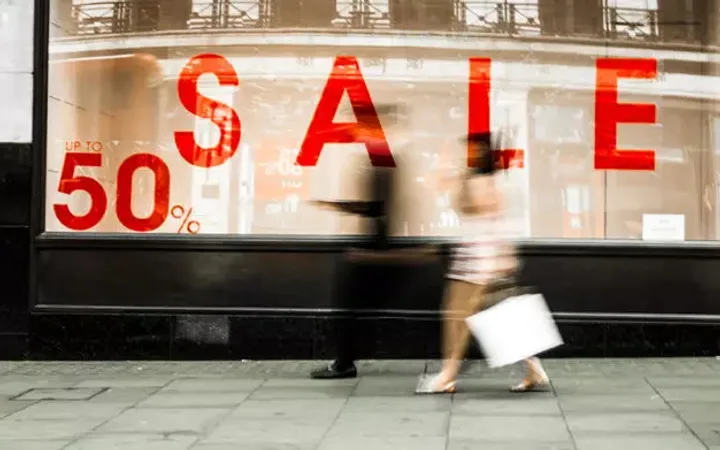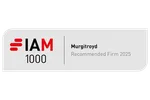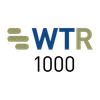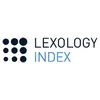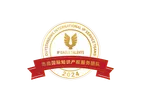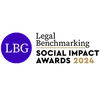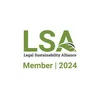The day following Thanksgiving has traditionally been a day of sales in the US retail sector.
#
Stores see individuals queuing on the streets (and sometimes fighting in the aisles) to get their hands on the best deals. Today, the phenomenon of Black Friday has spread globally to something we’re all familiar with, thanks to digital retail giants like Amazon. This recognition has even enabled the term to be registered as a trade mark in Germany — a tale that offers a stark warning to brand owners on the importance of searching…
Black Friday™ & intellectual property#
Back in 2016, I was asked by a German client in the retail sector if it could use the term ‘Black Friday’ in relation to its in-store and online sales activities in late November. My client had heard a rumour that the use of this term had been subject to litigation.
On the face of it, the term ‘Black Friday’ appeared to be descriptive of the Friday following Thanksgiving and not something that anyone could register as a trade mark. However, to my surprise, I discovered that Super Union Holdings Ltd — a Chinese company — had registered the term Black Friday as a trade mark in Germany.
The application had been filed in October 2013 and registered for a very wide range of goods and services, including advertising services. I therefore advised my client that it could not use “Black Friday” in Germany without risk of litigation.
Bargain injunctions#
A trade mark registration gives the owner the exclusive right to use that trade mark and prevent others from using it.
In Germany, if a claimant acts swiftly on discovering an infringement, it’s possible to seek a preliminary injunction that prevents use and seeks damages and costs. As Germany operates a ‘bifurcated’ system for IP infringement claims, the defendant cannot counterclaim for invalidity in infringement proceedings. Instead, invalidity proceedings need to be brought separately.
At the time, Super Union Holdings Ltd had threatened the likes of Amazon and Groupon over the use of Black Friday in Germany, seeking payment of a licence fee to avoid infringement proceedings. Following these threats, invalidity proceedings were commenced by 15 separate parties in Germany. This failed to stop the behaviour of Super Union Holdings Ltd and its licensee — Black Friday GmbH — who continued to try to extract licence fees from online retailers.
Back to black#
In November 2017, in proceedings against Super Union Holdings Ltd and licensee Black Friday GmbH, a court in Düsseldorf issued a preliminary injunction refraining, inter alia, them from claiming against the operator of the website www.black-friday.de that the use of “Black Friday” in an advertisement amounted to trade mark infringement.
These proceedings were decided in February 2020 when the Federal Patent Court ordered the cancellation of the registration in relation to advertising services, as the mark was considered descriptive. A subsequent appeal by Super Union Holdings Ltd to the Federal Court of Justice was rejected and the decision became final.
In further proceedings — brought by www.black-friday.de — the remainder of the registration was revoked, as Super Union Holdings Ltd could not demonstrate that the trade mark had been put to genuine use in Germany for the goods and services of the registration. A further appeal was filed to the Berlin Court of Appeal, who ruled in October 2022 that the registration had not been used and should be revoked.
The importance of intellectual property searches#
This case shows the importance of conducting searches in all territories where you wish to operate — using IP advisors with a broad spectrum of knowledge and a trusted network of colleagues and attorneys in those territories. It’s worth bearing in mind that legal proceedings differ from country-to-country and this needs to be considered when assessing the risks of launching a brand or using a term as a trade mark in the promotion of your business.
It’s also worth remembering that trade marks grant their owners monopolies with rights to prevent third parties from using the same or a similar trade mark — even those which appear to have been registered in error. While undoubtedly the Courts in Germany have reached the correct decision, the protracted nature of the dispute — which took five years to conclude — shows that the removal of registered trade marks is rarely straightforward.
If you need help to protect your brand or navigate infringement matters, get in touch with us.
